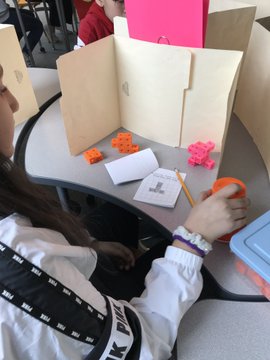 Do you know the game Telestrations? Great for parties, it's as if the the game "telephone" met up with Pictionary. Each player starts with a notebook and writes a word or phrase chosen from a game card. The notebooks then get passed around the table, the next person attempting to draw the word, then the next guessing the word only based on the previous drawing, and so forth. It's fun and full of laughs. Karen, a math department colleague, came to my co-librarian and I with an idea for bringing Telestrations into her math classroom, and asked for our space and our support in making the idea come to life. Upon seeing this fun, engaging lesson and then teaching it with another math colleague, I am (with Karen's permission) excited to share this with you.
0 Comments
Take 5: The Power of Literacy to Unlock Math, the New SAT, Bouncing Back From Failure, and More5/21/2019 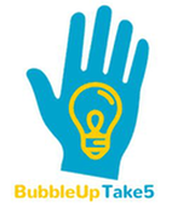 This week's post is all over the place (much like we are this time of year in the land of education). We've got math on the brain with a dive into teaching that uses literacy to improve math instruction and a TED Talk that every educator should see (regardless of the subject they teach). Plus, a look at the newest addition to the SAT, how teachers can bounce back from classroom "fails,"and the systemic problem of deepening school segregation in America. So take 5 and explore all the things we've been thinking about. 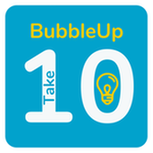 Carrie is a veteran math teacher who goes above and beyond as the Lead Mentor Teacher at Kilmer. This means that she helps new teachers get acclimated to our school community. The word that colleagues would use to describe Carrie is caring (no pun intended). She always puts others first, especially new teachers. Beyond being a supportive colleague, Carrie is a talented educator. She brings math to life; she works relentlessly with all of her learners to help them see that math is all around them. At the same time, she creates a classroom with a welcoming vibe, as down to earth as she is. Meet Carrie. 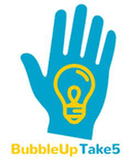 In last week's post Gretchen shared ideas about how to help foster reading at home. The experience in my home dovetails nicely with her focus on reading. My kid loves to read, but math is not her thing. She's good at it, but she'd rather spend time writing stories or reading. I was the same way. That doesn't bother me or really concern me as a parent. What is troublesome is the negative talk that has crept slowly into our home. She declares "I hate math" or "I'm not good at math." I've done all the things the experts have told me to do: Talk about how much I love math. Focus on finding math in every day life (I could do better at that). Talk about how I'm good at math and she's good at math. But it isn't working. So I've done a dive into ideas for help. So here's a Take 5 with a math focus for teachers and parents alike. It's messy. Just as with real math, there is not just one method to answer the problem; but the more you know, hopefully the more you can help your own kid or the kids in your classroom. 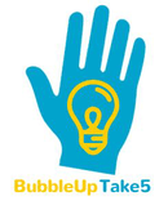 While many of you are already basking in summer, some of us are still teaching. Our school year ends for students this week, but I know many East Coast schools are still in session as late as next week. Whether you are winding down this school year or already looking to the year ahead, we hope this week's Take5 helps inform your teaching. We touch on the weighty topic of suicide prevention. We also offer tips for supporting the creation of Houses in schools to promote belonging, strategies for spotting math anxiety in kids and stopping it in its tracks, and share a newly developed method for tracking cell phone use. Lastly, consider adding YA books to your summer reading by checking out a Best of 2018 YA List. So take a few minutes to Take5. 
You've heard me say it before. Being a librarian is the best job in the building. One reason why is that librarians are in a unique position to impact instruction because we are the only teachers in the building who have the opportunity to teach every student across every content area and every academic level. This means that at various points in the year we co-teach math. This can be challenging for librarians because we don't always think of the math team as natural library collaborators. However, at Kilmer our math department includes some of our most open and willing partners with whom we have worked on a number of fun instructional activities. Check out some of the ways we have supported our math curriculum.
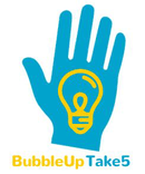 Take5 touches on so many things that are at the forefront of my mind these days. First: cell phones. A believer in technology, I no longer think the value of cell phones outweighs the distraction. The research supports my view when it comes to middle schoolers. This week's post also explores the power of "math talk," poverty in wealthier school districts, how to spot and encourage teacher resiliency and how a school turned its hallways into a cure for antsy students. |
Who We Are
Join our list!Archives
September 2020
Categories
All
|






 RSS Feed
RSS Feed